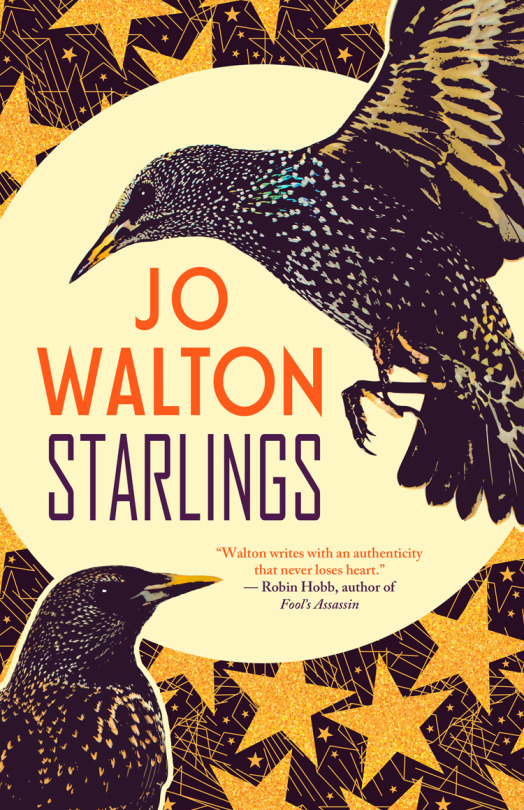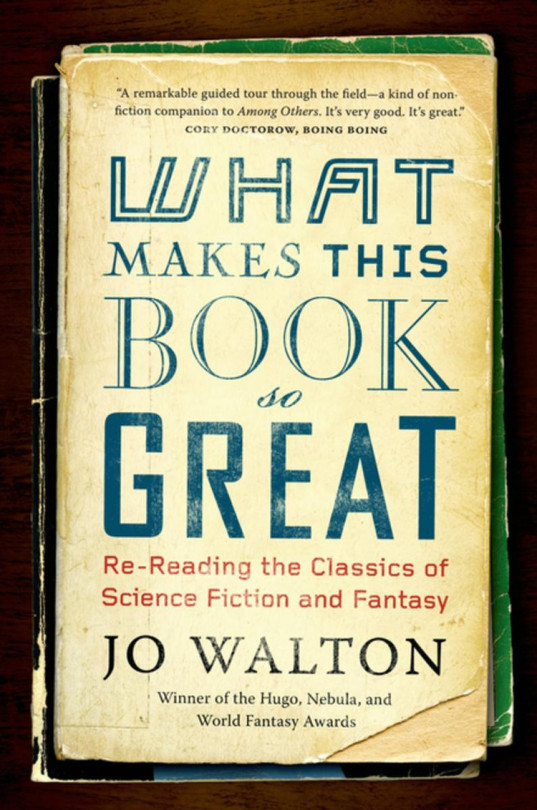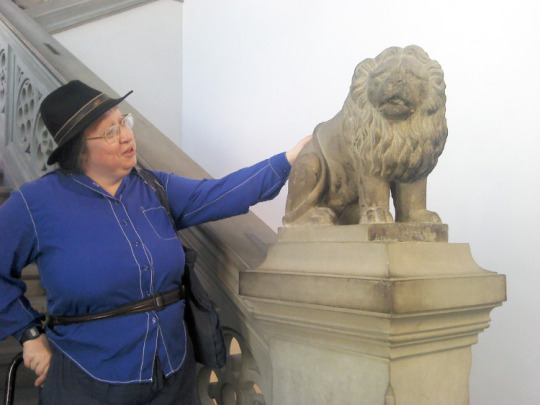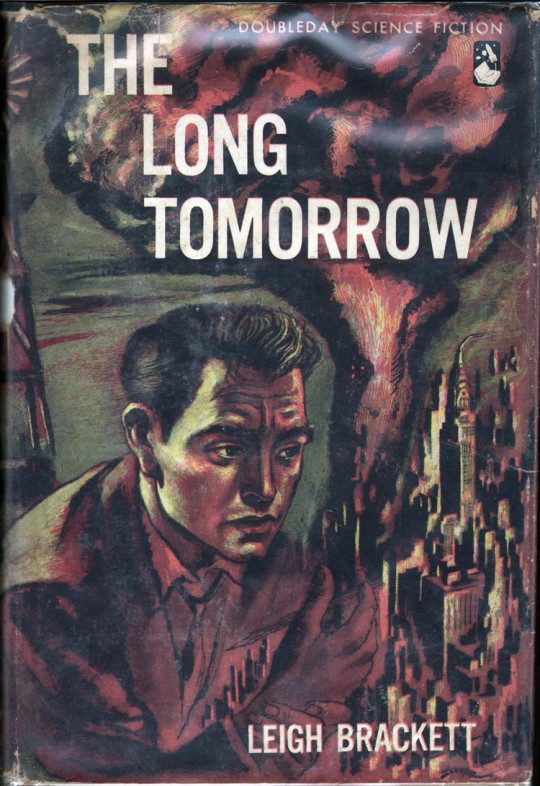Jo Walton’s entertaining STARLINGS is well worth it

NIKK @ THE BIBLIOPHIBIAN praises Jo Walton’s STARLINGS.
It’s no secret that I love Jo Walton’s work, and I’d better add here that I’ve spent time with her as well — I’d call her a friend. Still, I knew her work first, and this is a fun collection. Jo may say she doesn’t know how to write short stories, but all the same everything here works pretty well. I only knew ‘Relentlessly Mundane’ and some of the poetry before, I think. It was nice to re-encounter the poetry here and spend some time with it — reading it online wasn’t the same at all. I hadn’t read the play, either, ‘Three Shouts on a Hill’; entertaining stuff.
My favourite of the short stories… hmm, possibly ‘Sleeper’, and I liked ‘What Joseph Felt’ a lot too.
Really, I never know quite how to review short story collections: suffice it to say that I enjoyed it, and I think it’s worth it, especially if you’re already a fan of Walton’s work. I’m glad I got to read it ahead of time.
RATING: 4/5
Paul Cranswick on LIBRARYTHING issues the British Author
Challenge – October 2017 – Jo Walton & Roald Dahl.
amanda4242 was the first to reply:
It’s here! It’s here!
I read Walton’s fantastic What Makes This Book So Great in April for the non-fiction challenge. It’s a collection of blog posts she did for tor.com, mostly concerning her re-readings, but it also has entries on what not to say when you meet an author, different types of series, and a lament that George Eliot never tried writing science fiction. All of the entries in the book, and more stuff, can be found online here.
My local library has a large collection of Dahl audiobooks, and I’ve started working my way through them. So far I’ve finished Fantastic Mr. Fox and Other Animal Stories, read by Chris O’Dowd, Geoffrey Palmer, Stephen Fry, and Hugh Laurie, and The Witches, read by Miranda Richardson. All of the readers are amazing, but Richardson and O’Dowd are real standouts.

And this from cbl_tn:
I have been dying to read Farthing for a while and this was just the nudge I needed to get it read. I had a hard time putting this one down. The alternate history is understated. By that I mean that Walton doesn’t go out of her way to emphasize the differences between the alternate reality and actual history.
Walton adds a different twist to the Golden Age country house party mystery. If all they were all like this one, it would no longer be my favorite genre. On the other hand, since I’ve read so many Golden Age mysteries, I can appreciate what Walton has done with this novel.
I have downloaded an Overdrive ebook copy of Matilda. I’ll try to get to it before it expires, but no guarantees since I’m still in the process of moving.

For TOR.COM, Jo Walton revisits the recently rediscovered 1956 Hugo Awards ballot.
When I wrote my post in 2010 about the Hugos of 1956, the nominees for that year were lost in the mists of time. Last month they were found again, by Olav Rokne in an old Progress Report, which is very exciting, because it gives me the chance to compare what I thought they might be to what they really were. It’s great to be wrong, and goodness me I was wrong!

And here’s the rediscovered actual list of nominees:
- Double Star by Robert A. Heinlein [Astounding Feb,Mar,Apr 1956]
- Call Him Dead, by Eric Frank Russell
- The End of Eternity, by Isaac Asimov
- Not this August, by Cyril Kornbluth
- The Long Tomorrow, by Leigh Brackett
Double Star is the winner. I was right about The End of Eternity, so I get one point. One. One of the commenters, “Bob”, mentioned Leigh Brackett’s The Long Tomorrow, so he also gets a point.
We didn’t even find the others never mind consider them—which shows the inadequacy of relying on Wikipedia’s list of books for a year! (I later switched to using the Internet SF Database, which was better.) Of my potential nominees, it’s interesting that The Return of the King didn’t get on the actual ballot. In those days fantasy wasn’t as highly regarded, and Tolkien didn’t become big in the U.S. until the paperbacks came out, but even so, it seems very strange at this distance.
Of the real nominees, the most exciting one is the Brackett. This is the first time a woman was nominated for a best novel Hugo—or indeed, any Hugo. Zenna Henderson, Katherine MacLean, and Pauline Ashwell were all nominated in novelette in 1959, and Marion Zimmer Bradley was, until now, believed to be the first woman nominated for best novel, in 1963. But in fact Brackett beat them all to it. So that’s great to know
For more info on STARLINGS, visit the Tachyon page.
Cover design by Elizabeth Story
